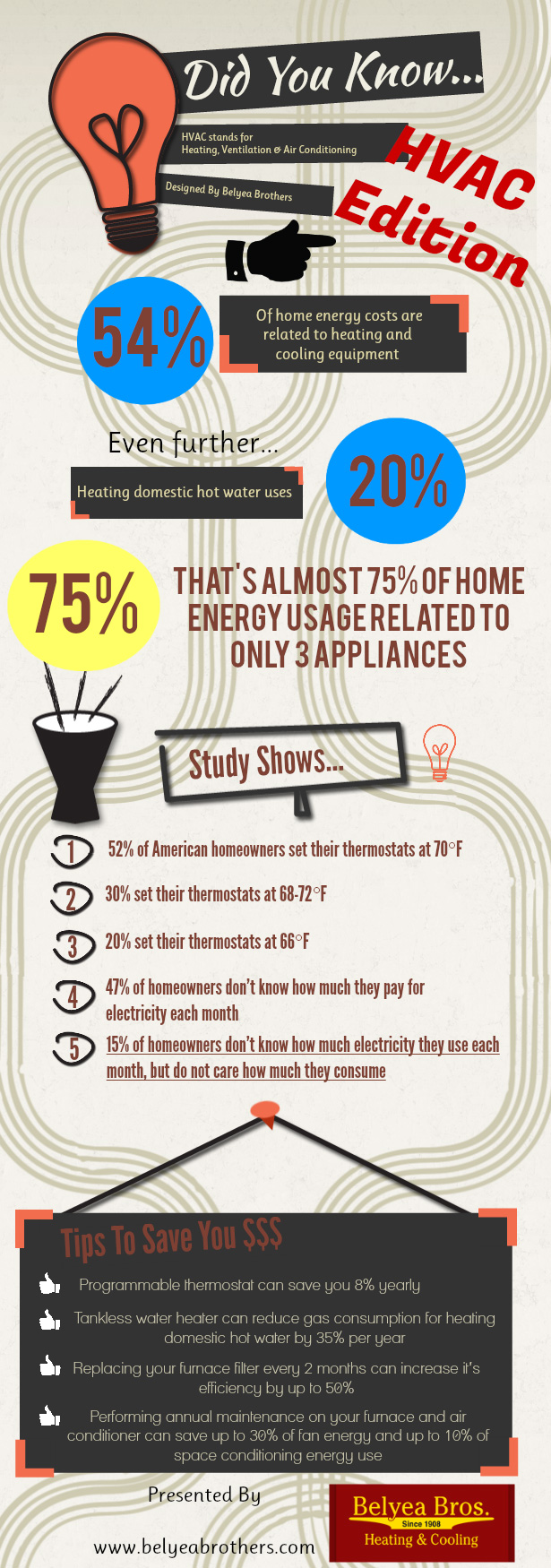The Future Of Home Heating - Just How Heat Pump Technology Is Evolving
The Future Of Home Heating - Just How Heat Pump Technology Is Evolving
Blog Article
Material Author-Dugan Ringgaard
Heat pumps will certainly be an important modern technology for decarbonising home heating. In a scenario constant with governments' introduced power and climate dedications, their worldwide ability doubles by 2030, while their share in home heating rises to one-quarter.
They work best in well-insulated homes and count on electrical power, which can be supplied from a sustainable power grid. Technical innovations are making them much more effective, smarter and less expensive.
Fuel Cells
Heat pumps use a compressor, cooling agent, coils and followers to move the air and warm in homes and devices. They can be powered by solar energy or electrical power from the grid. They have actually been obtaining popularity because of their inexpensive, peaceful procedure and the capacity to create electrical power throughout peak power need.
Some firms, like IdaTech and BG MicroGen, are working with gas cells for home heating. These microgenerators can replace a gas boiler and generate some of a residence's electrical demands with a connection to the electricity grid for the rest.
However there are reasons to be unconvinced of using hydrogen for home heating, Rosenow claims. It would be expensive and inefficient compared to various other modern technologies, and it would certainly add to carbon exhausts.
Smart and Connected Technologies
Smart home modern technology enables home owners to connect and control their devices remotely with making use of smart device apps. As an example, smart thermostats can discover your home heating choices and immediately get used to maximize power usage. Smart illumination systems can be regulated with voice commands and immediately switch off lights when you leave the space, lowering power waste. And wise plugs can keep track of and handle your electric usage, enabling you to identify and restrict energy-hungry home appliances.
The tech-savvy house portrayed in Carina's interview is an excellent image of just how residents reconfigure space heating techniques in the light of new wise home innovations. They depend on the tools' automatic functions to perform day-to-day modifications and concern them as a hassle-free methods of conducting their heating practices. Therefore, https://drive.google.com/drive/folders/1j9OuS9TH0XKzZJfSo99tV2of1-sejqWX?usp=drive_link see no reason to adapt their methods additionally in order to allow adaptability in their home power demand, and treatments aiming at doing so may encounter resistance from these households.
Power
Because heating homes accounts for 13% people emissions, a button to cleaner options can make a big difference. However mitsubishi heat pump encounters challenges: It's costly and requires comprehensive home restorations. And it's not always compatible with renewable energy sources, such as solar and wind.
Until recently, electrical heatpump were also expensive to compete with gas models in the majority of markets. Yet brand-new technologies in design and products are making them more inexpensive. And better chilly climate efficiency is allowing them to operate well also in subzero temperature levels.
The following action in decarbonising home heating may be the use of warm networks, which attract warmth from a main resource, such as a close-by river or sea inlet, and distribute it to a network of homes or structures. That would reduce carbon emissions and allow homes to take advantage of renewable resource, such as green power from a grid supplied by renewables. This choice would certainly be much less pricey than switching over to hydrogen, a nonrenewable fuel source that calls for new infrastructure and would just lower carbon dioxide discharges by 5 percent if coupled with improved home insulation.
Renewable resource
As electrical power rates go down, we're starting to see the same fad in home heating that has actually driven electrical autos right into the mainstream-- yet at an even quicker pace. The solid environment situation for electrifying homes has been pressed additionally by new research.
Renewables account for a substantial share of contemporary heat consumption, but have been given minimal plan interest internationally contrasted to various other end-use industries-- and even less interest than electrical energy has. Partly, this mirrors a mix of consumer inertia, split motivations and, in lots of nations, aids for fossil fuels.
see it here might make the shift much easier. For example, heatpump can be made extra energy efficient by replacing old R-22 refrigerants with new ones that do not have the high GWPs of their predecessors. Some experts additionally visualize district systems that draw heat from a close-by river or sea inlet, like a Norwegian arm. The warm water can after that be utilized for heating and cooling in an area.